Food for a Healthy Vision
There is a lot of conversation on how to protect your vision from deteriorating by reducing your screen time and using protective glasses to reduce the impact of UV rays and glare of the sun. However, there many other factors that can keep your vision healthy and prevent common eye ailments. One of these factors is your diet and the food you consume. Eating the right food can provide your eye with nutrients and the threat to eye diseases can be mitigated by the intake of a certain type of nutrition.
Some types of food may not directly impact your vision but they exacerbate certain conditions such as diabetes and high blood pressure, leading to chronic vision problems.
1. Vitamins
There are some vitamins, namely A, C, and E, which are particularly beneficial to your eye health. All these vitamins help your vision in different ways, however, each of them is essential and should be part of your food.
Vitamin A is known to help the eye in some ways. To begin with, it keeps the cornea healthy and clear. If you have a Vitamin A deficiency, there are chances that you suffer from dry eyes and have little moisture in your eyes. As a component of the protein rhodopsin, it helps your vision in instances where there is low light.
Vitamin C and E are known to be good antioxidants and help combat molecules that may be harmful to your body. These molecules are part of free radicals present in the air and can negatively impact your vision. Vitamin C is instrumental in the production of collagen, a nutrient that provides strength to sclera and cornea.
Well-known sources of Vitamin E include green vegetables, peppers, pumpkin, sweet potatoes, eggs, and cod liver oil. On the other hand, citrus fruits, kale, and broccoli are well-known sources of Vitamin C. For vitamin E, you will have to have more of nuts, seeds, avocado, and leafy green vegetables
2. Omega 3 Fatty Acids
The word ‘fat’ has negative connotations attached to it, therefore when we talk about it, we rarely speak of the advantages it comes with. Fat is one element of food that contributes positively to your health. Our bodies will not be able to function to its full potential without the presence of proper kinds of fat in the food we eat. Our eye health is also impacted by fat and we’ll explain exactly how.
Fats are made of an element called the ‘Fatty Acids’ act as fuel when it comes to the production of muscles, nerves, organs, and cells. They are also responsible for regulating your heart rate, blood pressure and clotting of blood. Among several categories of fatty acids is a kind which we need because our body cannot produce them. These fatty acids are referred to as essential fatty acids (EFAs) and include omega- 3 fatty acids and omega- 6 fatty acids.
Many studies show that omega-3 acids are responsible for stimulating vision development in babies. Maternal breast milk contains them and they are also a key part of formula milk available in the market.
For adults, Omega- 3 Fatty Acids also hold importance as they provide defense against macular degeneration. A fairly common condition prevalent in adults is the dry eye syndrome, which can also be prevented by increasing Omega-3 fatty acids in your diet. If you suffer from high eye pressure or more serious conditions like glaucoma, EFA’s can facilitate in draining intraocular fluid from the eye and reduce the threat of these conditions.
Omega – 3 fatty acids can be found in cold-water fish that include sardines, herring, tuna, and salmon. Another source of this nutrient is walnuts, flaxseed and chia seeds.
If you are prone to eye inflammation, omega-3 fatty acids can help you prevent it to quite an extent.
3. Lutein and Zeaxanthin
We all may more or less have an idea about vitamins and fatty acids but may be unaware of another antioxidant present in some foods that help to alleviate the risk of cataracts and macular degeneration. These nutrients are called Lutein and Zeaxanthin and are present in collards, kale, spinach, and swiss chard.
One of the key functions of Lutein and zeaxanthin is to maintain the number of healthy cells in the eyes. They are also responsible for filtering out high energy blue wavelengths that can strain the eye. Some studies show a positive correlation between the presence of these nutrients and the reduction of chronic eye ailments.
The human body can’t produce enough of these two essential nutrients which is why we need to include food in our diets that contain them and are consumed regularly. If your food does not contain an adequate amount of lutein and zeaxanthin, consider taking supplements to fulfill any lack of it.
4. Zinc
Zinc is a complementary nutrient that is responsible for delivering vitamin A from the liver to the retina of the eye which, in turn, creates melanin. If you’re wondering what melanin has got to with your eyes, it acts as a protective pigment and slows macular degeneration. Present in fish, eggs, beans, nuts and red meat, zinc helps decrease the chances of poor night-vision.
Our immune system is also reliant on zinc since it acts as an antioxidant and its deficiency can make you prone to diseases and weaken your immune system. Zinc is present abundantly in your eye and its presence can combat damage to optic nerves as well!
Although many factors decide our health from our habits to our genes, there is no denying that food is imperative in maintaining it. A balanced diet every day ensures a steady supply of nutrients needed for all parts of the body including your eye. There’s no substitute for good vision and how it helps you lead a quality life. A diet rich in vegetables, fruits, and seafood is a necessary part of a nutritious diet and will help your overall vision.
